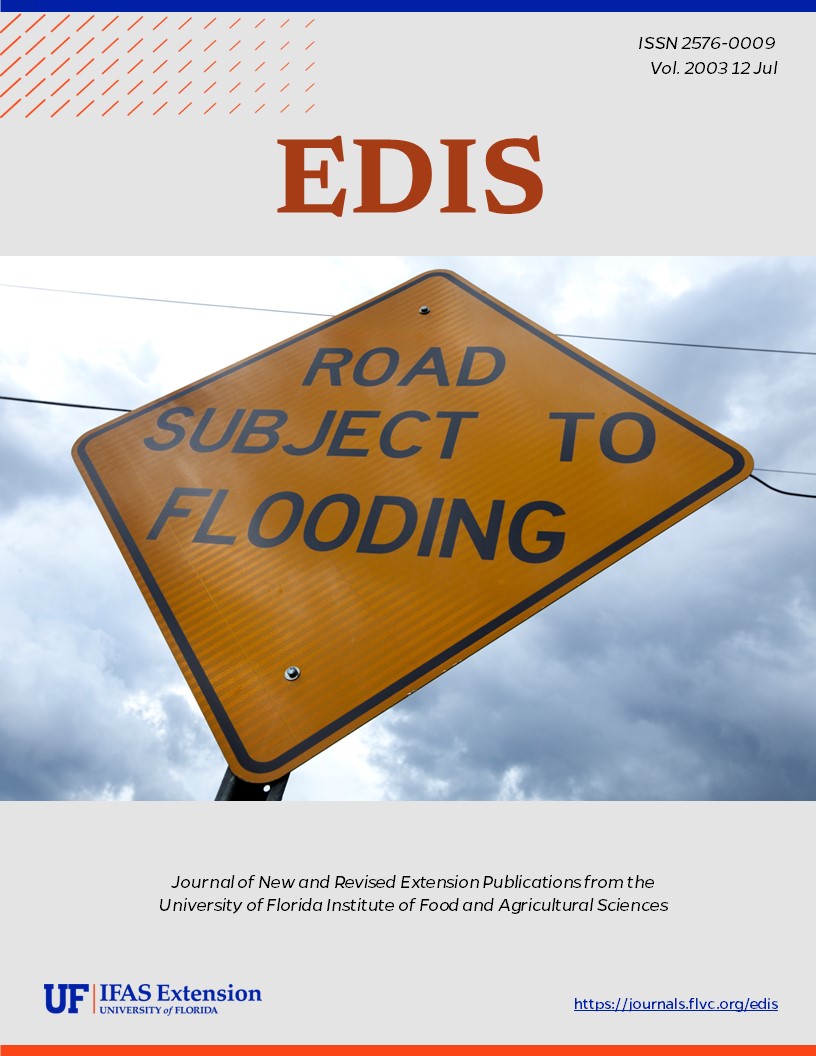Abstract
The wood duck (Aix sponsa) is known in Florida as the "summer duck" and the "acorn duck." It is one of the most colorful of all North American waterfowl. Its coloration has made it the most sought-after duck by hunters and birdwatchers. By the early 1900s, this highly desirable species was near extinction because of improper hunting regulations and habitat loss. With the Federal Migratory Bird Treaty Act in 1918, hunting of these birds was restricted. Also, wildlife officials developed a management program to increase wood duck numbers. Due to the success of this program, the wood duck is now one of the most abundant waterfowl species in North America.This document is WEC 168, one of a series of the Department of Wildlife Ecology and Conservation, Florida Cooperative Extension Service, Institute of Food and Agricultural Sciences, University of Florida. First published in April 2003.
Unless otherwise specified, articles published in the EDIS journal after January 1, 2024 are licensed under a Creative Commons Attribution-NonCommercial-NoDerivs 4.0 International (CC BY-NC-ND 4.0) license.

